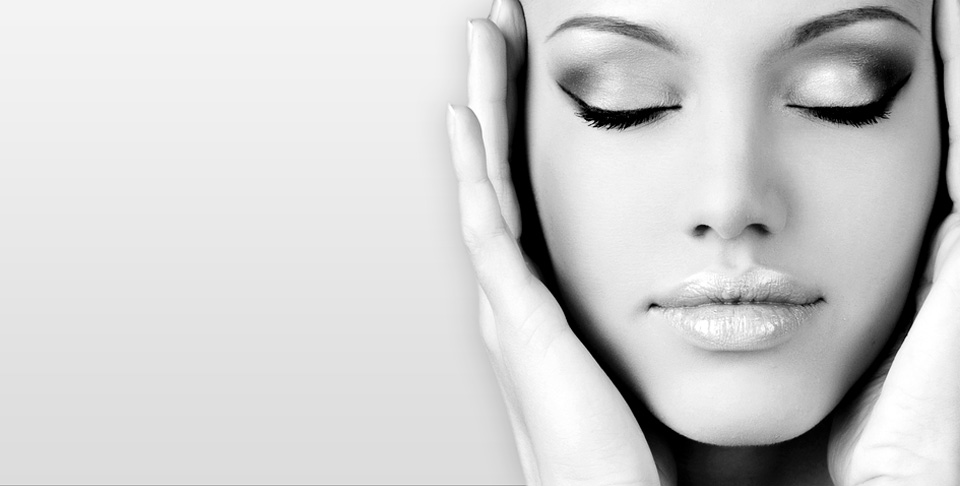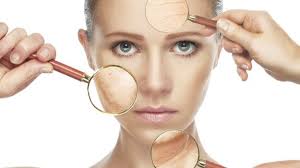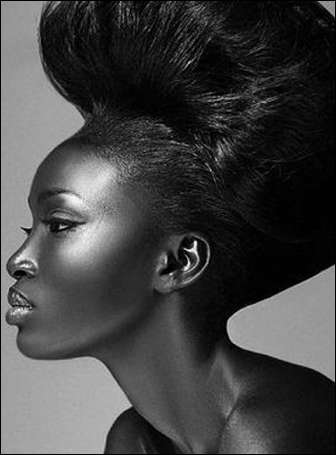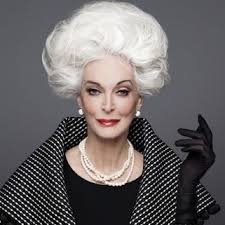
With advancing age, a number of changes occur in the skin. Aging is a multi-dimensional process that involves two main mechanisms: intrinsic (genetically determined) and extrinsic aging (affected by epigenetics-- lifestyle, environment, behaviors, etc.).

The outer layer, the epidermis, thins; aging skin looks thinner.
The number of pigment-containing cells (melanocytes) decreases. Age spots, liver spots, and sun-damaged areas may appear and look more prominent.
Skin's strength and elasticity decreases as a result in aging changes in the connective tissue fibers within the skin layers.
The blood vessels of the middle layer of the skin, the dermis, become more fragile. This leads to easy bruising.
the sebaceous glands produce less oil as the skin ages. Men experience a minimal decrease, usually after the age of 80, while women begin to produce less oil after menopause. This results is skin dryness, loss of moisture, and possible irritation and itchiness.
In youth, the skin retains its strength and elasticity, in part due to its high content of water. The normal process of aging causes loss of moisture in the skin and a reduced ability to maintain water levels in the skin. The key molecule involved in skin moisture is hyaluronic acid (HA). HA has the ability to retain water.
All of these changes may lead to increased blemishes, dry, inelastic skin, and a difficulty in maintaining healthy, radiant skin in older people.

It is particularly important to maintain holistic skin care habits that will help to ensure beautiful skin with advancing age. These practices must include:
1) a whole foods, non-processed diet low in sugar: to help supply the skin with proper nutrients and to reduce inflammation caused by excess sugar and non-metabolized food by-products;
2) adequate hydration: to help maintain healthy elimination;
3) a balanced microbiome: with good nutrition and the addition of a probiotic if needed;
4) age-appropriate and skin type-specific skin care products: to protect skin and prevent irritation and stripping; use of targeted ingredients for particular skin issues;
5) avoidance of: prolonged, unprotected sun exposure, smoking, excess alcohol, touching the face, junk food, etc.

One of the ingredients that is beneficial in skin care products is HA. Some of the benefits of HA include:
-anti-aging effect;
-skin hydration and water retention;
-wound healing;
-softens fine lines;
-may help increase skin elasticity;
-reduces some signs of skin irritation;
-may reduce facial redness;
-dewy and glow effect.

In addition to skin care products, HA is also the main ingredient in facial vitamin infusion therapies as Vitaglow and in injectable HA products.
With a number of aesthetic options available, aging can still look fabulous!
